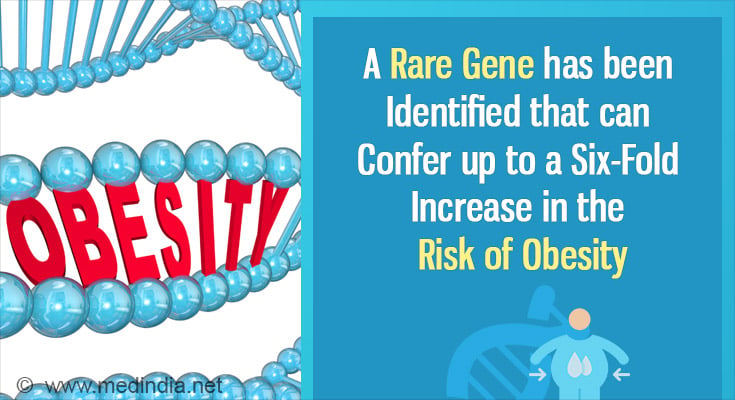- Rare gene variants in BSN and APBA1 identified, increasing obesity risk up to six-fold in adults
- Novel neurobiological mechanism uncovered, potentially linking age-related neurodegeneration to dysregulated appetite control
- Collaboration with AstraZeneca and global datasets accelerates understanding of disease biology
In a study led by researchers at the Medical Research Council (MRC), a significant breakthrough has been made in understanding the genetic underpinnings of obesity. Published in the prestigious journal Nature Genetics, the study identifies rare gene variants within the genes BSN and APBA1, which confer a remarkable up to six-fold increase in the risk of obesity. What sets these findings apart is not just the magnitude of the risk but the revelation that the impact on obesity is predominantly observed in adulthood, unlike previously identified genetic factors that primarily affect childhood obesity (1✔ ✔Trusted Source
Protein-truncating variants in BSN are associated with severe adult-onset obesity, type 2 diabetes and fatty liver disease
).
Gene-ius Discovery: The Skinny on BSN and APBA1 in Obesity
The study, spearheaded by scientists at the MRC Epidemiology Unit and the MRC Metabolic Diseases Unit at the University of Cambridge, utilized data from over 500,000 individuals, including resources like the UK Biobank. Through whole exome sequencing, researchers meticulously analyzed the genetic architecture associated with body mass index (BMI), unearthing the profound influence of variations within the BSN gene, also known as Bassoon, on obesity risk.
Of particular significance is the fact that BSN gene variants were found to impact approximately 1 in 6,500 adults, potentially affecting about 10,000 individuals in the UK alone. Moreover, these variants not only heighten the risk of obesity but also correlate with an increased susceptibility to non-alcoholic fatty liver disease and type 2 diabetes, further underscoring the complex interplay between genetics and metabolic health.
Biological Mechanism: Exploring the Neurobiology of Obesity
What makes these findings even more intriguing is the novel biological mechanism implicated in obesity. Unlike previously identified obesity-related genes operating through the leptin-melanocortin pathway in the brain, BSN and APBA1 encode proteins involved in the transmission of signals between brain cells. This suggests a potential link between age-related neurodegeneration and dysregulated appetite control, shedding new light on the neurobiological underpinnings of obesity.
1 in 6,500 adults carry gene variants raising obesity risk by 6x. #obesity #gene #medindia’
Professor John Perry, one of the study’s authors, highlights the significance of these findings, stating, “These findings represent another example of the power of large-scale human population genetic studies to enhance our understanding of the biological basis of disease.”
The collaborative nature of this research, involving partnerships with institutions like AstraZeneca, underscores the importance of leveraging global datasets for validation and expanding the scope of research beyond individuals of European ancestry. Dr. Slavé Petrovski from AstraZeneca emphasizes the transformative potential of such collaborations in advancing our understanding of human disease biology and ultimately benefiting patients.
Moving forward, these findings pave the way for further research into the neural biology of obesity, offering promising avenues for the development of targeted therapeutic interventions. Professor Giles Yeo, another study author, underscores the significance of these discoveries, stating, “We have identified two genes with variants that have the most profound impact on obesity risk at a population level we’ve ever seen.”
In essence, this study represents a significant milestone in unraveling the intricate genetic architecture underlying obesity, providing invaluable insights into the neurobiological mechanisms driving this complex disorder. As we delve deeper into the genetic basis of obesity, we move closer to personalized interventions and more effective strategies for tackling this global public health challenge.
Reference:
- Protein-truncating variants in BSN are associated with severe adult-onset obesity, type 2 diabetes and fatty liver disease – (https://www.nature.com/articles/s41588-024-01694-x)
Source-Medindia



